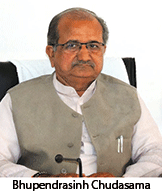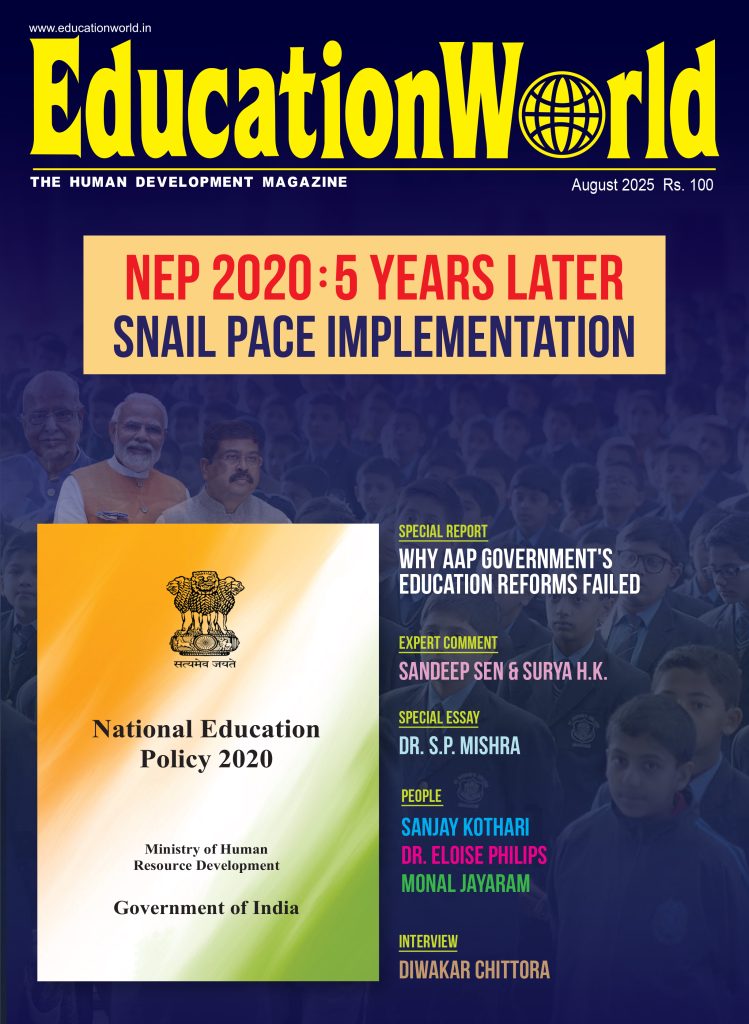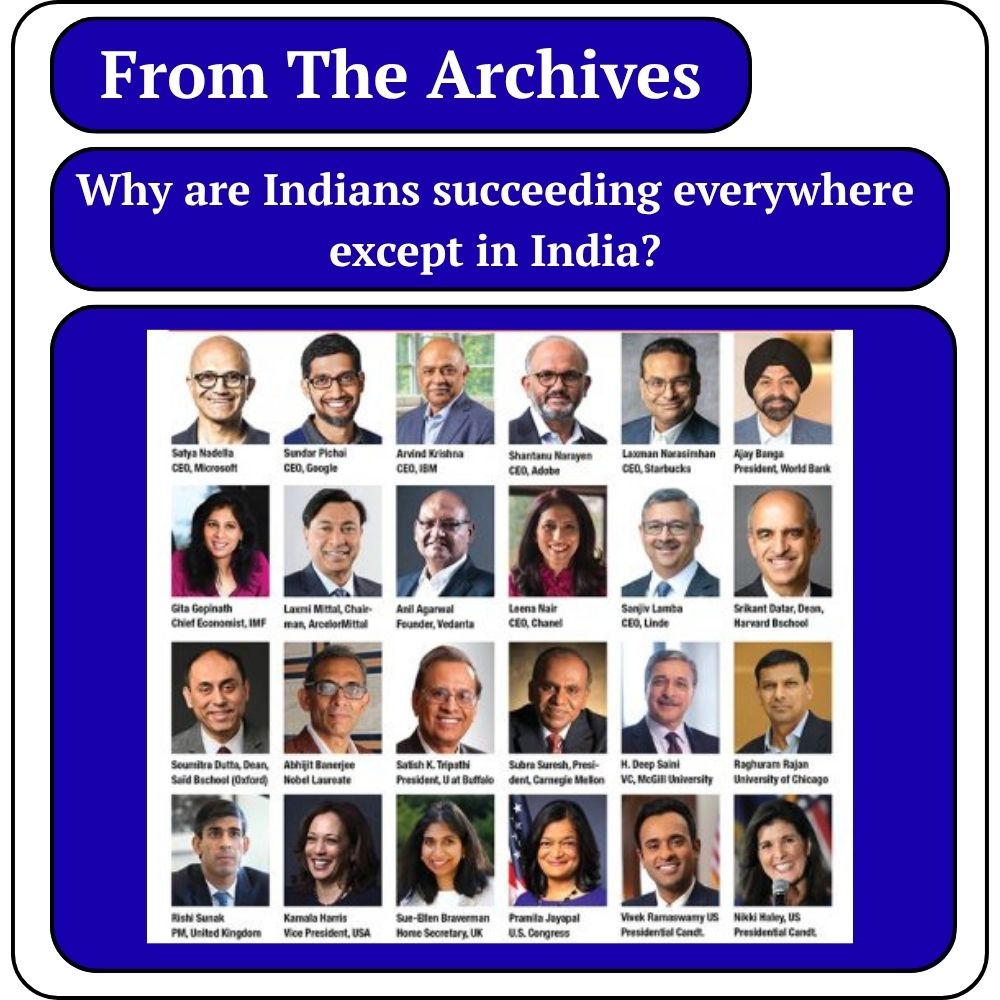Gujarat: Neta-babu super council
 Enactment of the gujarat state Higher Education Council (GSHEC) Act, 2016, which has become law after governor O.P. Kohli gave his assent to the eponymous Bill on February 3, has sent a shock wave through the already nervous academy of the state.
Enactment of the gujarat state Higher Education Council (GSHEC) Act, 2016, which has become law after governor O.P. Kohli gave his assent to the eponymous Bill on February 3, has sent a shock wave through the already nervous academy of the state.
Under the provisions of the Act, a council headed by the chief minister as president and education minister as vice president together with secretaries of several ministries of the state government, is the apex supervisory and regulatory body for higher education in the state. In addition, five vice chancellors, a representative of a private university, an eminent scholar from institutes of national importance sited in Gujarat, and five eminent persons from various fields and three academics from the teaching community will be appointed by the state government as members of the 32-member strong council which will supervise planning and development of Gujarat’s 50 public and private universities and institutes of national importance.
Critics of the GSHEC Act believe that strict control of public and private education institutions is an integral part of the RSS/BJP/sangh parivar strategy to transform the BJP into India’s natural party of governance.
The governor’s approval of the Bill came despite a 35-strong delegation of academics drawn from several universities and higher education institutions statewide meeting Kohli to draw his attention to the “colossal damage that such a draconian Bill” would inflict upon academia. Comments Prof. Dilip Patel, a former registrar of the North Gujarat University and professor of Sanskrit: “It gives sweeping and autocratic powers to the state government completely taking away the autonomy of universities.”
Adds Prof. Rohit Shukla, president of the Gujarat chapter of Save Education, a Kolkata-based NGO which was headed by the late jurist V. Krishna Iyer: “S.15 empowers the council to recommend to the government to direct any university to make any modification in its bye-laws, notwithstanding anything contained in any law. This provision will be the death blow to the autonomy of all universities in the state.”
Cursory perusal of the GSHEC Act, 2016 confirms that the council is endowed with overarching powers. In effect, varsity governance bodies including the academic council, syndicate and senate, can be overruled by the super council. “All council members will be deemed to be public servants within the meaning of s.21 of the Indian Penal Code. This provision implies that all faculty and non-teaching staff will come under the authority of the council. Therefore, faculty and staff of universities, colleges and other institutes will have to make themselves available for all government programmes ranging from polio campaigns and Swachh Bharat Abhiyan to election duties or plain politically loaded government campaigns. This subservience will lead to total emasculation of the state’s universities and institutions of higher education,” warns Rimmi Vaghela, secretary of the Gujarat chapter of the All India Students’ Democratic Organisation (AISDO).
However, education minister Bhupendrasinh Chudasama is unfazed and says apprehensions “about abstract issues such as academic autonomy” are misplaced. “The government wants to bring about uniformity in the administration of the various universities in the state. The governor has approved the Bill and the government has initiated the process of implementing it,” says Chudasama.
Little wonder the small minority of liberal academics in this lab state of the BJP/sangh parivar are nervous.
R.K. Misra (Gandhinagar)


















Add comment